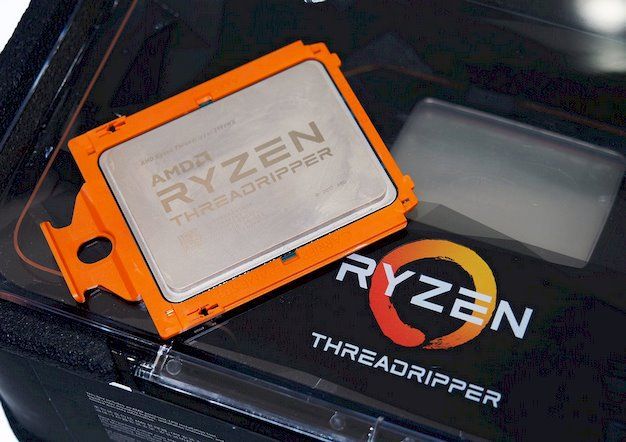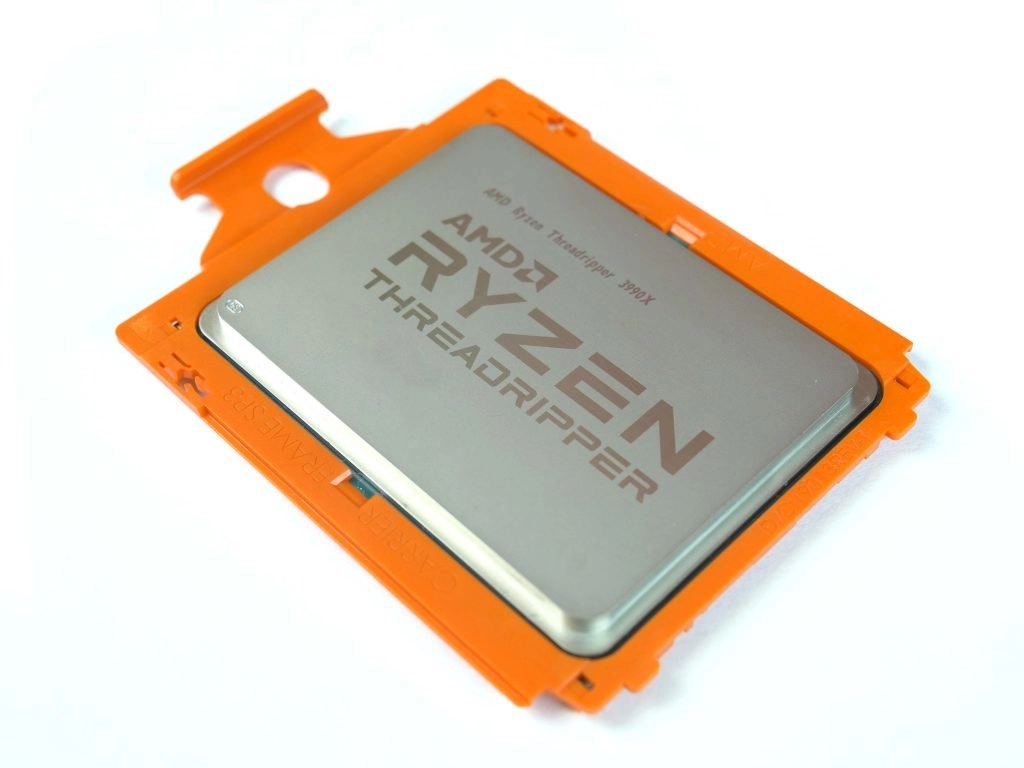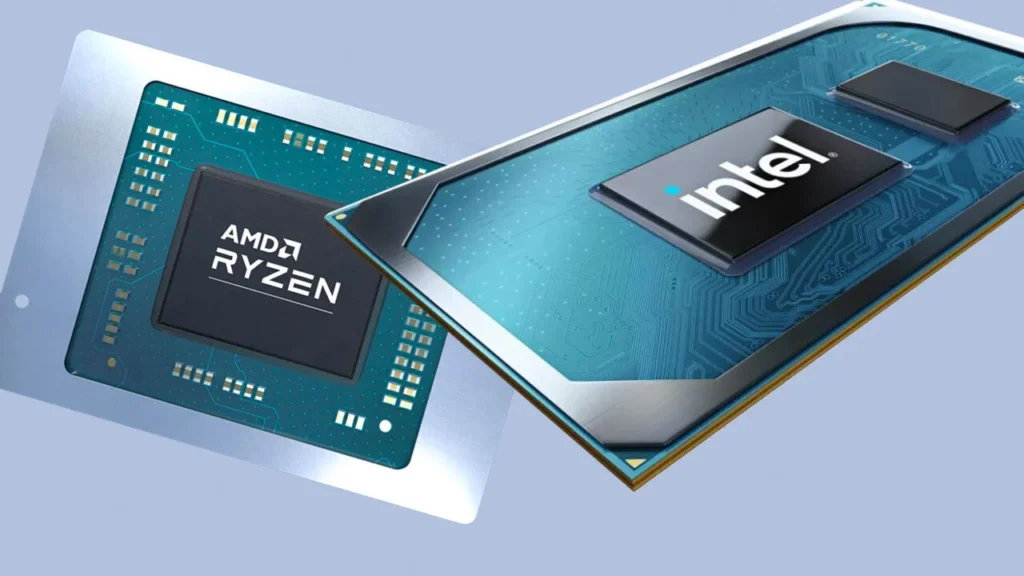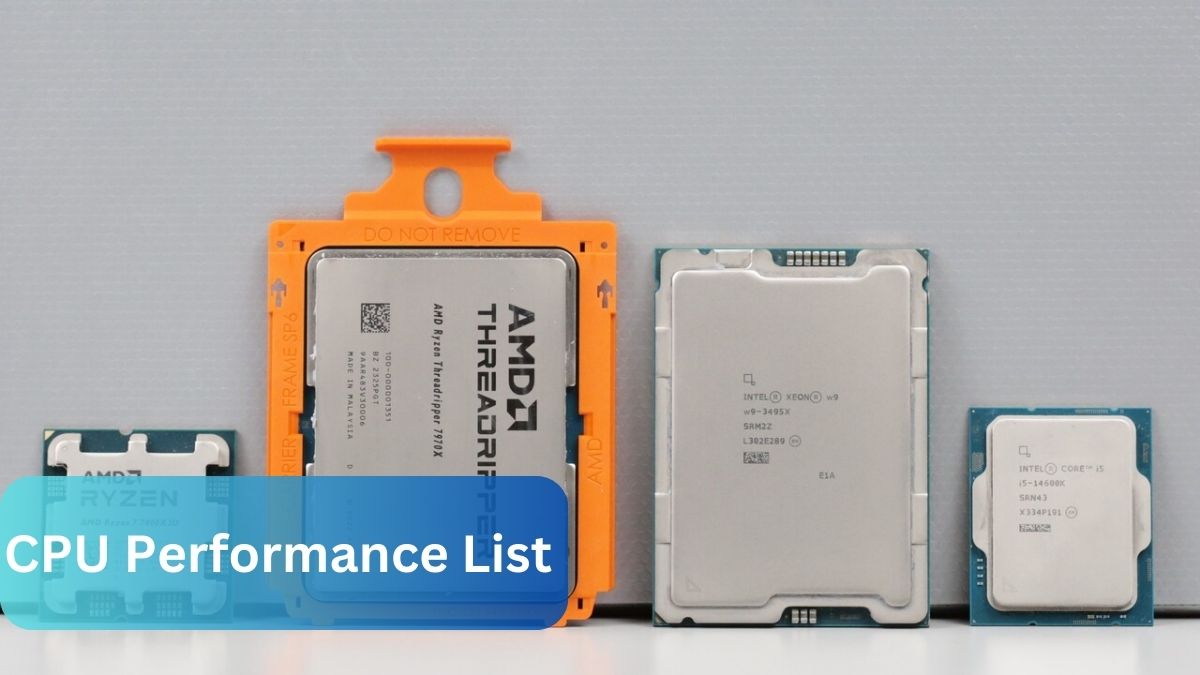A CPU performance list ranks processors based on how fast and efficient they are in handling tasks. It helps users quickly compare different models to find the best option for gaming, work, or general use. This list makes choosing a CPU easier by highlighting top performers in various categories.
When I was building my own PC, a CPU performance list was super helpful. It made it easy to compare options and find a processor that fit my needs without overspending.
In this article we discuss about “CPU Performance List”.
Table of Contents
Introduction
In the fast-paced world of computing, your CPU (Central Processing Unit) plays a massive role in determining how well your system performs. Whether you’re a gamer, a content creator, or just someone looking for a responsive computer, knowing which CPUs top the performance charts can help you make an informed choice. This 2024 CPU performance list provides detailed insights into the top processors available today, helping you find the perfect match for your unique needs.
What Is CPU Performance?

CPU performance measures how efficiently a processor can execute tasks. It’s not just about raw power but involves several factors like speed, efficiency, and the ability to handle multitasking. By understanding these factors, you’ll see why certain CPUs outshine others in specific applications, from gaming to productivity.
Understanding CPU Benchmarks
Benchmarks offer a standardized way to compare CPUs. These tests measure things like single-core and multi-core performance, power consumption, and efficiency in real-world tasks. Sites like PassMark, Cinebench, and Geekbench provide benchmark scores to help consumers make objective comparisons.
Read Most Important: How to Test CPU Performance – A Complete Guide 2024!
Types of CPUs
Desktop CPUs
Desktop CPUs are designed for power and versatility. They typically have high performance and are upgradeable, making them ideal for heavy-duty applications.
Mobile CPUs (Laptops and Tablets)
These CPUs focus on power efficiency, balancing performance with battery life, which is crucial for portable devices like laptops and tablets.
Server CPUs
Built to handle massive data processing, server CPUs power enterprise servers, data centers, and cloud infrastructures, prioritizing multitasking and reliability.
Key Metrics for CPU Performance
Clock Speed (GHz)
Clock speed, measured in GHz, indicates how many cycles per second a CPU can perform. Higher clock speeds generally translate to faster performance but aren’t the only factor to consider.
Cores and Threads
Modern CPUs have multiple cores, each capable of handling separate tasks, improving multitasking. Threads represent the number of tasks each core can handle, which is particularly beneficial in heavy multitasking environments.
Cache Size
The CPU cache temporarily stores frequently used data for quicker access, directly impacting performance.
TDP (Thermal Design Power)
TDP represents the CPU’s power consumption, affecting energy efficiency and cooling needs.
IPC (Instructions Per Cycle)
IPC measures the number of tasks a CPU can complete in one clock cycle. A higher IPC means better performance, even with lower clock speeds.
Top CPU Models for 2024
AMD Ryzen Series
AMD’s Ryzen series has been a strong competitor, especially in multi-core performance. Ryzen 9 and Ryzen 7 models lead in gaming and productivity benchmarks.
Intel Core Series
Intel’s Core series offers high clock speeds and IPC, making it a great choice for gaming. The Intel Core i9 and i7 models provide exceptional single-threaded performance.

Apple M-Series
Apple’s M1 and M2 chips revolutionized mobile computing, combining efficiency and power. Ideal for creative workflows on Mac devices.
Other Notable CPUs
Other brands like Qualcomm and MediaTek also make high-performance CPUs for specialized uses, such as mobile and embedded systems.
Best CPUs for Gaming
Gamers need CPUs that can handle fast-paced graphics and high frame rates. CPUs like AMD Ryzen 9 and Intel Core i9 excel in gaming, delivering smooth, lag-free performance.
Best CPUs for Productivity and Content Creation
If you’re into content creation, a CPU with multiple cores and threads is essential for rendering and editing. The AMD Ryzen Threadripper series and Intel Core i9 models offer powerful processing for creative tasks.
Read Most Important: which of the following does not determine cpu performance – Complete Guide 2024!
Best CPUs for Budget Users
You don’t need to break the bank for decent performance. The AMD Ryzen 5 and Intel Core i5 provide a good balance of performance and affordability for general tasks and light gaming.
Best CPUs for Overclocking Enthusiasts
For those looking to push their CPUs to the limit, the Intel Core i9 and AMD Ryzen 7 models are top picks. These CPUs are designed to handle high speeds, offering extra performance for tech enthusiasts.
How to Choose the Right CPU for Your Needs
- Define Your Use Case – Are you a gamer, a professional, or a casual user?
- Set a Budget – Determine how much you’re willing to spend.
- Compare Specs – Look at cores, threads, clock speed, and benchmarks.
- Consider Future-Proofing – Choose a CPU that will stay relevant for a few years.
Comparing AMD and Intel: Which Is Better in 2024?
AMD and Intel both offer great CPUs with unique strengths. AMD excels in multi-core tasks, making it ideal for productivity, while Intel often leads in single-core performance, benefiting gamers.
Emerging Trends in CPU Technology
In 2024, CPUs are seeing innovations like increased core counts, advanced architecture, and integration of AI capabilities. These advancements are setting new standards for efficiency and performance.
CPU Performance List Laptop
A CPU performance list for laptops ranks laptop processors by speed and efficiency, helping you choose one that matches your needs, like gaming, productivity, or everyday use.
CPU Benchmark
CPU benchmarks measure a processor’s performance through tests like speed, multitasking, and efficiency. They provide scores that make comparing CPUs easier.
CPU Benchmark Compare
Comparing CPU benchmarks allows you to see how different processors perform against each other, helping you pick the best option for your specific tasks.
CPU Single Core Benchmark List

A single-core benchmark list ranks CPUs based on their performance in tasks that use only one core, which is important for tasks like gaming and specific applications.
CPU Benchmark Test
A CPU benchmark test evaluates a processor’s capabilities in various scenarios, giving it a score to show how well it performs compared to others.
GPU Benchmark List
A GPU benchmark list ranks graphics processors based on performance in rendering, gaming, and visual tasks, helping users find the best GPU for their needs.
CPU Benchmark Ranking
CPU benchmark ranking lists order processors from highest to lowest performance, making it easy to see the top choices for different budgets and uses.
Read Most Important: How to Improve CPU Performance – A Comprehensive Guide 2024!
CPU Comparison
CPU comparison allows you to analyze different processors’ specifications, like speed, core count, and benchmark scores, to choose the one that fits your requirements.
How do I check my CPU performance?
You can check CPU performance by opening Task Manager (Windows) or Activity Monitor (Mac) to view CPU usage, speed, and performance metrics.
What is the best performance of a CPU?
The best CPU performance is typically achieved by high-end models with fast clock speeds, multiple cores, and high benchmark scores, like those in Intel’s i9 or AMD’s Ryzen 9 series.
What should CPU performance be?
CPU performance varies by use case but should ideally stay under 70% for general use and not max out under regular tasks, with some headroom for multitasking.
What is the highest performing CPU?
Currently, high-performing CPUs include models like AMD’s Ryzen Threadripper and Intel’s i9 Extreme series, known for their powerful cores and multitasking abilities.
How do I know if my CPU is running good?
A good-performing CPU has consistent speed, stays cool, doesn’t experience high usage under light loads, and handles tasks without slowing down.
How do I check my CPU performance mode?
In Windows, check CPU performance mode in Power Options by choosing between “Balanced,” “High Performance,” and “Power Saver” modes.
How do I check my CPU and RAM Performance?
Open Task Manager (Windows) or Activity Monitor (Mac) to view live data on CPU and RAM usage to check performance levels.
How do I check if my CPU is healthy?
Use tools like HWMonitor or Core Temp to monitor temperatures and clock speeds, and run diagnostics to check for any unusual performance issues.
How can I see my CPU specs?
On Windows, type “System Information” or use Task Manager to view CPU specs; on Mac, go to “About This Mac” in the Apple menu.
Is 2.4 GHz processor speed good?
Yes, a 2.4 GHz processor speed is decent for general tasks, but for demanding applications like gaming, higher speeds or multi-core CPUs are preferable.
How do I improve CPU performance?
Improving CPU performance can involve closing unnecessary apps, cleaning up files, updating software, and upgrading to a faster CPU if needed.
How to compare CPU performance?
Use benchmark scores from sites like PassMark or Cinebench to compare CPUs based on single-core and multi-core performance.
What CPU speed is good?
For standard tasks, 2.5-3.5 GHz is adequate. For intensive tasks like gaming or video editing, 3.5 GHz or higher is ideal.
What should my CPU performance be?
It should stay stable without maxing out frequently, especially during regular tasks, to ensure smooth performance and avoid overheating.
How do I choose a CPU for best performance?

Choose a CPU with high clock speeds, multiple cores, and good benchmark scores that meet your specific needs, like gaming or professional work.
How to calculate CPU performance?
CPU performance can be calculated by looking at clock speed (GHz), core count, and benchmark scores, giving an idea of processing power in different scenarios.
Read Most Important: ID-COOLING SL360 White CPU Liquid Cooler – Complete Guide 2024!
FAQs
What factors impact CPU performance the most?
Clock speed, core count, and IPC are primary factors that determine how well a CPU performs.
How often should I upgrade my CPU?
Upgrading every 3-5 years is generally recommended, but it depends on your needs and advancements in technology.
Can a budget CPU handle gaming?
Yes, budget CPUs like the Ryzen 5 or Intel Core i5 are capable of handling many games, especially at lower settings.
What’s the difference between cores and threads?
Cores are physical units within the CPU, while threads allow each core to handle multiple tasks simultaneously.
Does CPU affect multitasking?
Absolutely! More cores and threads mean better multitasking capabilities, allowing smoother performance with multiple applications.
Conclusion
Choosing the right CPU boils down to understanding what you need. Whether you prioritize speed, multitasking, or budget-friendliness, there’s a CPU tailored for you. Our CPU performance list for 2024 aims to help you navigate these choices and make an informed decision that fits your computing demands.
Read Most Important:
